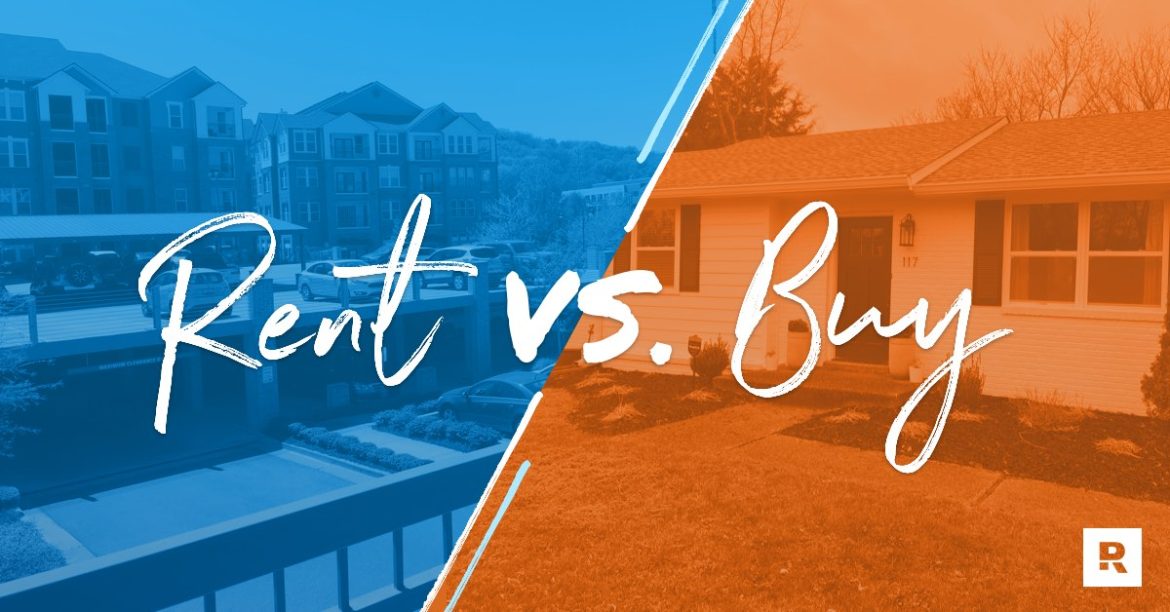In the realm of real estate, the decision between renting an apartment and buying a house is a significant one that often comes with its own set of advantages and disadvantages. Each option carries its own financial, lifestyle, and personal considerations that individuals must weigh carefully before making a choice. Below, we explore the pros and cons of both renting an apartment and buying a house to help you make an informed decision.
Renting an Apartment
Pros:
- Flexibility: Apartment rental offers a high degree of flexibility, making it an attractive option for individuals who anticipate changes in their living situation. Lease terms typically range from six months to a year, providing renters with the freedom to move more easily if job opportunities or personal circumstances require relocation.
- Maintenance: One of the key benefits of renting an apartment is that tenants are not responsible for major maintenance tasks. Landlords or property management companies are typically tasked with handling repairs, upkeep, and other property-related issues, relieving tenants of the financial and time commitments associated with homeownership.
- Amenities: Many apartment complexes offer amenities such as fitness centers, swimming pools, communal spaces, and security features that may be cost-prohibitive for homeowners. These amenities can enhance the quality of life for renters, providing convenience and recreation without the added expense of ownership.
Cons:
- Limited Control: Renters have limited control over their living space compared to homeowners. Lease agreements may restrict modifications or renovations, limiting the ability to personalize the apartment according to individual preferences. Additionally, landlords may impose rules regarding pets, guests, and other aspects of daily life.
- Rent Increases: Rent prices are subject to change at the discretion of the landlord or property management company. While some jurisdictions impose limits on rent increases, renters may still face significant hikes in housing costs, making long-term budgeting and financial planning challenging.
- No Equity Build-Up: Unlike homeowners, renters do not build equity in their property through mortgage payments. Rent payments contribute solely to the landlord’s income and do not offer the potential for long-term wealth accumulation or investment.
Buying a House
Pros:
- Equity and Appreciation: Homeownership allows individuals to build equity in their property over time as they pay down their mortgage. Real estate historically appreciates in value, providing homeowners with the potential for long-term wealth accumulation and financial stability.
- Personalization and Control: Homeowners have the freedom to personalize and modify their living space to suit their tastes and lifestyle preferences. From interior renovations to landscaping projects, homeowners can exert greater control over their property, creating a sense of ownership and belonging.
- Stability and Predictability: Owning a home offers a greater degree of stability and predictability compared to renting. Fixed-rate mortgages provide homeowners with consistent monthly payments, shielding them from fluctuations in rental prices and offering greater control over long-term housing costs.
Cons:
- Financial Commitment: Homeownership entails significant financial commitments beyond the initial down payment, including mortgage payments, property taxes, insurance, and maintenance costs. Unforeseen expenses such as repairs or renovations can strain household budgets and require careful financial planning.
- Lack of Flexibility: Unlike renting, homeownership limits mobility and flexibility, making it more challenging to relocate for job opportunities or personal reasons. Selling a home can be a time-consuming and complex process, especially in volatile or saturated real estate markets.
- Responsibility for Maintenance: Homeowners are responsible for all maintenance and repairs associated with their property, including routine upkeep and emergency repairs. These expenses can add up over time, requiring homeowners to budget for ongoing maintenance costs and unforeseen emergencies.
In conclusion, the decision between renting an apartment and buying a house depends on individual circumstances, financial goals, and lifestyle preferences. While apartment rental offers flexibility and convenience, homeownership provides the potential for long-term equity and stability. Ultimately, prospective renters and buyers should carefully weigh the pros and cons of each option before making a decision that aligns with their needs and priorities.



